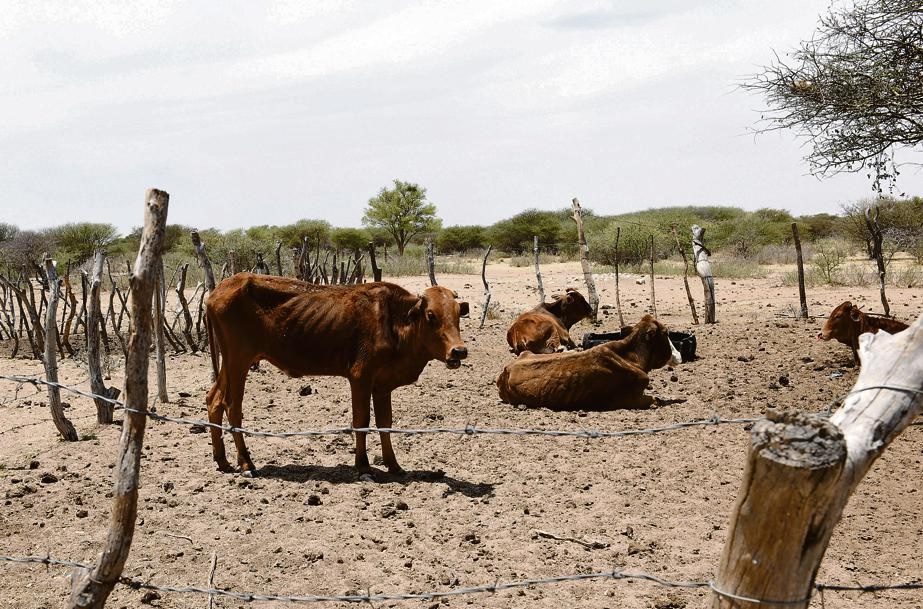
The drought affecting some areas needs to be declared a state of disaster so that programmes can be rolled out to ensure both financial and social capital support to the farmers, farmworkers and communities affected by drought, writes Noko Masipa.
During President Cyril Ramaphosa's address at the United Nations (UN) summit on biodiversity on Wednesday, he called for climate friendly agriculture. He specifically indicated that:
The Central and Klein Karoo and parts of the Northern Cape and Eastern Cape have been battling droughts for over seven years, and farmers only received a four-month disaster declaration which did little to address some climate change contributing factors.
The Democratic Alliance (DA) has continuously called to have a National State of Disaster declared for these drought-affected areas.
On top of the provision of financial support, the farmers and the community would benefit from climate change adaptation programmes and social capital investments.
The effects of seven years of drought cannot be mitigated with one season's rainfall, and urgent intervention is needed as the money meant for drought assistance were routed to a Covid-19 programme. This has led to massive corruption at a time when farmers are struggling and being left to suffer on their own.
The President needs to intervene and instruct the Minister of Cooperative Governance and Traditional Affairs (CoGTA) Dr Nkosazana Dlamini-Zuma to declare a National State of Disaster in the areas still affected by the drought.
The President must live by his words and ensure that financial support is provided to lead climate-smart adaptation to fight the effects of drought, both at social and economic level.
Agriculture is the backbone of the South African economy, yet farmers are so desperate that some have committed suicide. Many face liquidation and have been without adequate support from government for a long time.
If the threats faced by the agriculture sector are not addressed, the local economies so heavily reliant on agriculture will collapse, leading to a rise in unemployment and increased social ills. Farmers are the biggest contributors to the municipalities in the rural areas.
Government must invest time and money and educate farmers on how to survive during the drought.
Some tax income benefits based on Section 13 of the Income Tax Act of 1962 include farmers forced to sell livestock due to drought and are allowed to deduct the replacement cost of the livestock against the income for that tax year provided that the stock is replaced within four years of the drought.
This should be part of the bigger educational package for the farmers without incurring costs. Government must provide this support to all farmers that are affected by drought.
In the past, the Land Bank provided concessionary loans at prime less 3%, with an extended period of repayment coupled with a payment moratorium that the bank determines according to the situation of the farmer.
Currently, the Land Bank does not have the capacity to provide drought relief assistance, concessionary disaster relief funds or forced stock sale deposits due to its financial problems.
The current situation brought on by the lack of political will to support and strengthen agriculture, has left farmers with nowhere to turn in terms of a development bank that understands their specific needs. They have only the commercial banks to turn to.
Political will for a coordinated support for farmers to fight the effects of drought, needs to come from the President as the Minister of CoGTA has proven time and again that she does not have it.
Do the right thing, Mr President, and instruct Minister Dlamini-Zuma to declare the drought as a state of disaster in the affected areas and roll out the programmes to ensure both financial and social capital support to the farmers, farmworkers and communities affected by drought.
- Noko Masipa MP - DA Member on the Portfolio Committee on Agriculture, Land Reform & Rural Development.
